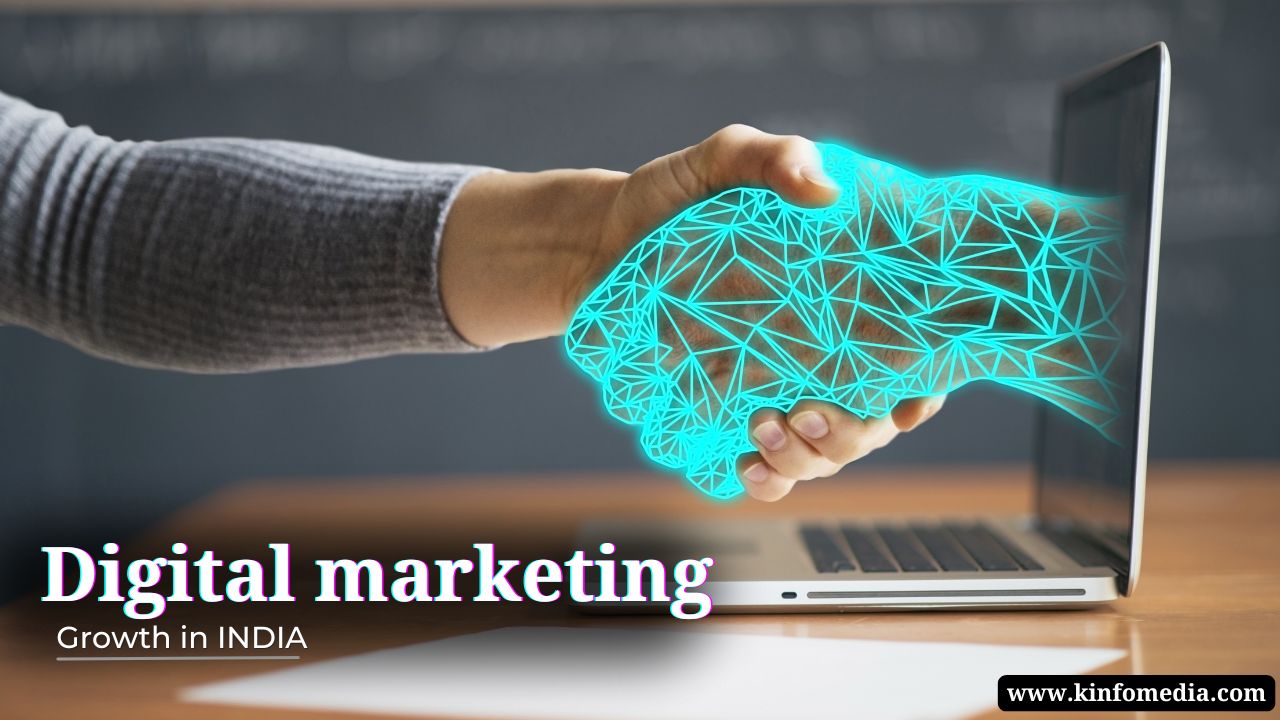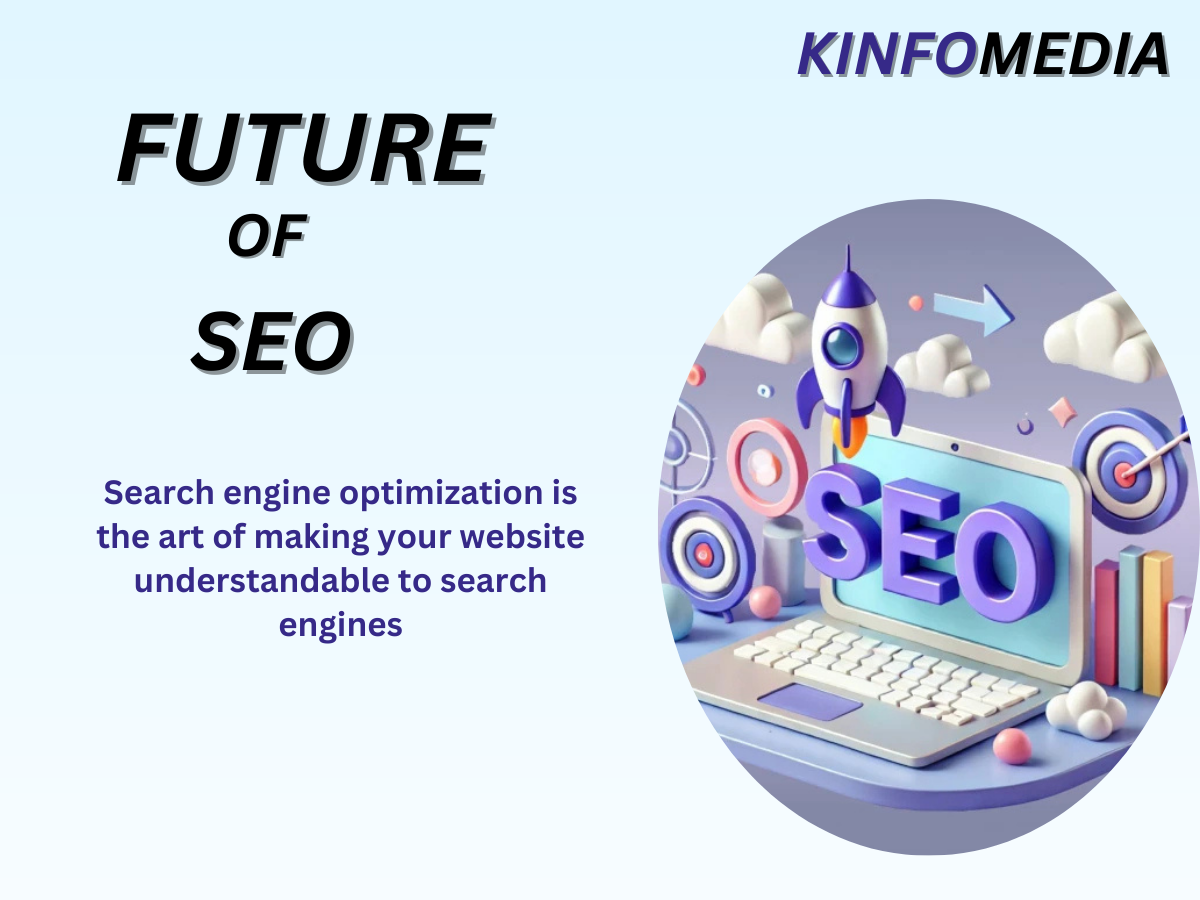The Future of Generative Engine Optimization (GEO) in Digital Marketing: A New Era of Search and Content Strategy
Introduction: The Rise of Generative Engine Optimization (GEO)
With the rapid advancements in artificial intelligence (AI) and machine learning (ML), digital marketing is undergoing a major transformation. Traditional Search Engine Optimization (SEO) is now facing competition from a new approach: Generative Engine Optimization (GEO).
GEO is the process of optimizing content for AI-driven search engines and generative AI models, Google Gemini, and Perplexity. As these AI-powered engines become the go-to sources for users seeking information, businesses and marketers must rethink their content strategies to stay visible in this new digital era.
What is Generative Engine Optimization (GEO)?
Generative Engine Optimization (GEO) focuses on optimizing content for AI-powered search engines that provide answers through natural language processing (NLP) rather than traditional keyword-based indexing. Unlike traditional SEO, which aims to rank web pages on Google, GEO ensures content is structured in a way that AI-driven models can accurately process, summarize, and present to users in response to queries.
Key Differences Between SEO and GEO
| Feature | Traditional SEO | Generative Engine Optimization (GEO) |
|---|
| Search Engine | Google, Bing, Yahoo | ChatGPT, Google Gemini, Perplexity |
| Content Retrieval | Keyword-based search | AI-generated responses |
| Optimization Focus | Keywords, backlinks, metadata | Conversational content, structured data, AI-friendly formatting |
| User Interaction | Clicking on website links | Direct AI-generated answers |
As AI-driven search grows, marketers must optimize their content to ensure their brand remains discoverable, even when users are interacting with AI instead of traditional search engines.

Why Generative Engine Optimization (GEO) Matters in Digital Marketing
1. AI-Driven Search is Changing How People Find Information
The way people search for information is shifting. Instead of typing short keywords into Google, users are now engaging with AI models in a more conversational and natural manner. For example, instead of searching for “best smartphones 2025,” users might ask an AI engine, “What are the best smartphones available in 2025, and how do they compare?”
GEO ensures that content is structured in a way that AI understands and includes in its responses. This means businesses must create high-quality, in-depth content that AI models recognize as authoritative and valuable.
2. AI Summarization is Replacing Click-Based Traffic
Unlike traditional SEO, which relies on exact-match keywords, GEO prioritizes natural language processing (NLP). Marketers should:
- Use question-based formats (e.g., “What is the best way to optimize content for AI search engines?”)
- Write in a conversational tone that matches how people ask AI-powered search engines questions
- Create FAQ-style content for AI-driven responses
3. The Importance of Conversational Content and Contextual Relevance
AI-powered search engines prefer content that mimics human conversation. This means keyword stuffing and robotic-sounding content will become obsolete. Instead, natural, engaging, and well-structured content will have a higher chance of being featured in AI-generated answers.
4. The Rise of Voice Search and Multimodal AI
Key Strategies for Generative Engine Optimization (GEO)
To prepare for the future of digital marketing, businesses should implement the following GEO strategies:
1. Focus on E-E-A-T (Experience, Expertise, Authority, Trust)
AI models prioritize high-quality content from trusted sources. To ensure visibility in AI-generated answers, businesses should:
- Publish expert-written, well-researched content
- Cite credible sources and provide original insights
- Maintain strong brand authority in their industry
2. Optimize for Conversational AI Queries
Unlike traditional SEO, which relies on exact-match keywords, GEO prioritizes natural language processing (NLP). Marketers should:
- Use question-based formats (e.g., “What is the best way to optimize content for AI search engines?”)
- Write in a conversational tone that matches how people ask AI-powered search engines questions
- Create FAQ-style content for AI-driven responses
3. Leverage Structured Data and Schema Markup
To improve AI comprehension, businesses should use structured data (Schema.org markup). This helps AI search engines identify key information such as:
- Author information
- Publication date
- Content type (e.g., blog, research, product review, etc.)
- Step-by-step guides and how-to content
4. Prioritize Long-Form, Comprehensive Content
AI models prefer detailed and well-structured content. Businesses should create long-form articles (1,500+ words) that cover topics in-depth while remaining concise and easy to understand.
5. Incorporate Multimedia (Images, Videos, and Podcasts)
Since AI search engines are becoming multimodal, businesses should create engaging visual and audio content to increase their discoverability. This includes:
- Optimized images with alt text
- Videos with clear transcripts
- Podcasts with keyword-rich summaries
6. Improve User Engagement Metrics
AI models may prioritize content that demonstrates high user engagement. To improve time on page and user interaction, businesses should:
- Use interactive content (quizzes, surveys, infographics)
- Encourage comments and discussions
- Optimize for fast-loading pages and mobile responsiveness
The Future of Generative Engine Optimization (GEO): What’s Next?
As AI search engines continue evolving, the future of digital marketing will see even greater reliance on GEO strategies. Some emerging trends include:
1. AI-Powered Personalization
AI models will increasingly customize search results based on user behavior, preferences, and location. Businesses must create highly relevant, personalized content to stay competitive.
2. Integration with Augmented Reality (AR) and Virtual Assistants
With AR-powered search experiences and AI voice assistants like Google Assistant and Siri becoming more advanced, GEO strategies will need to adapt to interactive and voice-based search behaviors.
3. AI Search Monetization and Sponsored Content
AI-powered search engines may introduce paid placements and AI-generated sponsored content. Marketers should be ready to invest in AI-driven advertising strategies.
4. Greater Emphasis on Trust and Ethical AI
AI search engines will prioritize content from ethical, transparent sources. Businesses must ensure compliance with AI content guidelines to maintain visibility.
Conclusion: Preparing for the Future of GEO in Digital Marketing
As Generative Engine Optimization (GEO) reshapes digital marketing, businesses must adapt their content strategies to stay visible in AI-driven search results. The future of search is conversational, personalized, and AI-powered—requiring marketers to embrace natural language, structured data, and high-quality multimedia content.
By focusing on user intent, optimizing for AI search engines, and prioritizing trust and expertise, businesses can successfully navigate the future of digital marketing and ensure long-term visibility in an AI-dominated world.
FAQ's
1. What is Generative Engine Optimization (GEO)?
Generative Engine Optimization (GEO) is the process of optimizing content for AI-powered search engines and generative AI models like ChatGPT, Google Gemini, and Perplexity. Unlike traditional SEO, which focuses on keyword rankings in Google, GEO ensures content is structured in a way that AI-driven models can understand, summarize, and present in response to user queries.
3. Why is GEO important for digital marketing?
With the rise of AI-driven search engines, users increasingly rely on AI-generated responses instead of traditional web search results. GEO ensures that a business’s content is discoverable in AI-generated answers, helping maintain brand visibility and authority in the digital landscape.
What is generative engine optimization?
Beyond standard SEO that focuses on keywords and backlinks, Generative Engine Optimization (GEO) is a technique that optimizes content for AI-driven search engines (also known as “generative engines”) like ChatGPT, Gemini, and Google AI Overviews with the goal of increasing exposure in AI-generated responses.
What's the difference between SEO and GEO?
Content Goal: By providing ranked search engine results in response to a user query, SEO seeks to drive traffic to your website. However, GEO is more concerned with making sure that, even in the event that consumers do not visit your website, generative AI responses to user requests appropriately incorporate and represent your brand.





